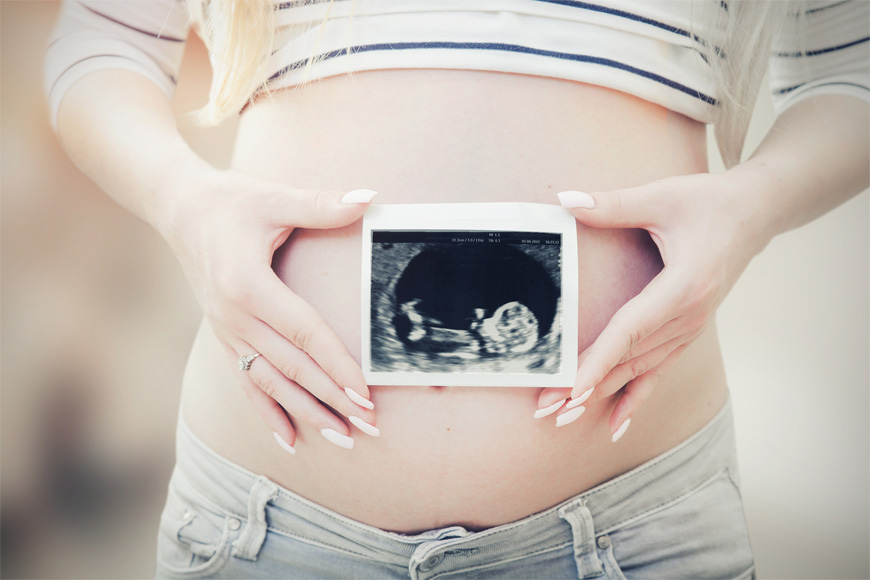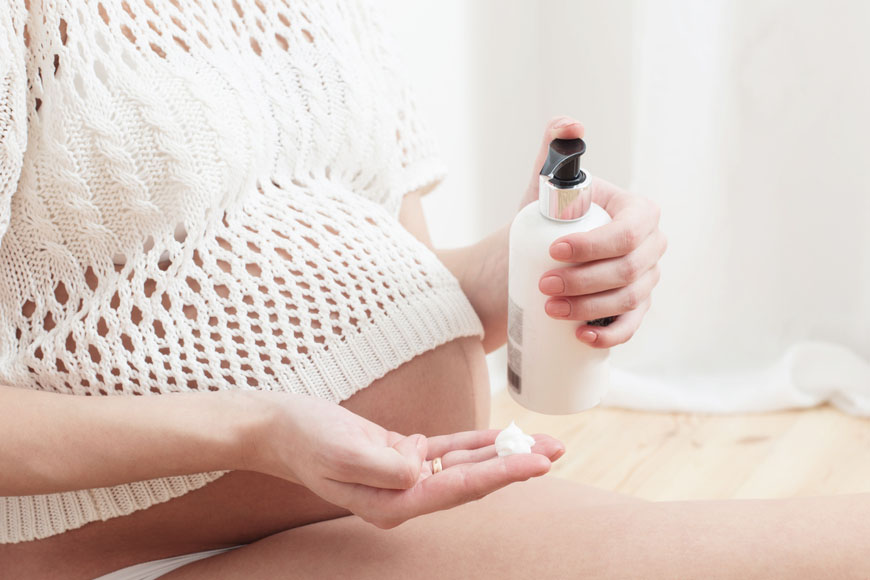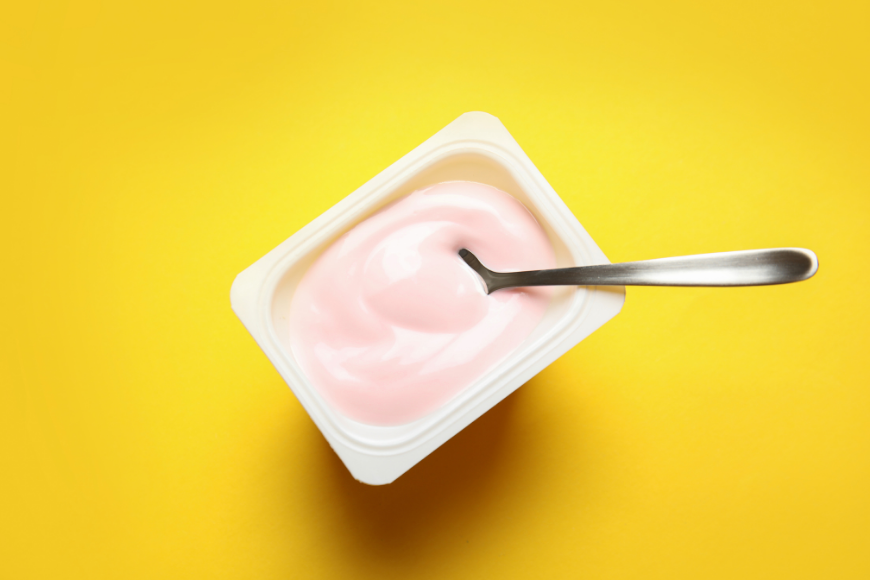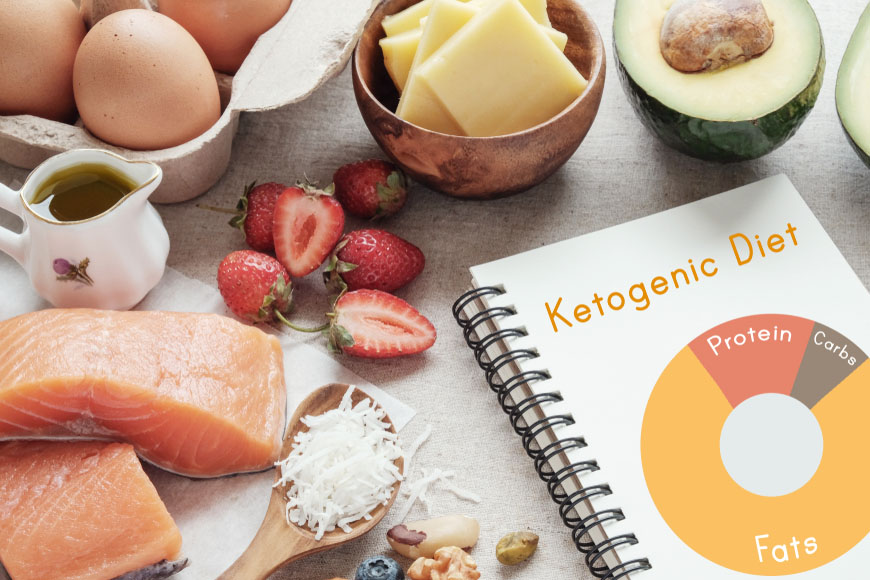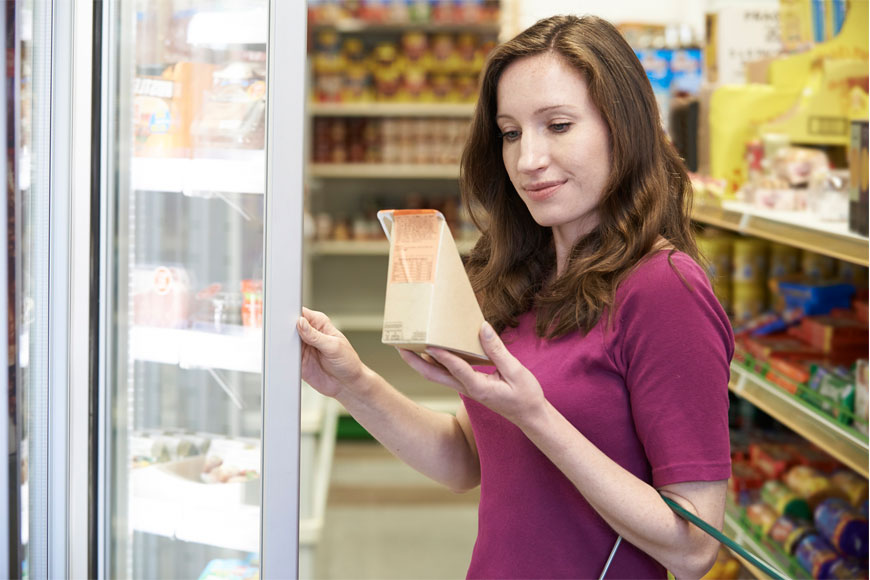Here's how your skin is affected by the food you eat and what foods you should avoid.
23 July 2013
| Last updated on 29 May 2017
The saying ‘There are no shortcuts to success’ perfectly describes the effort that is required in skincare. Having and maintaining a flawless skin requires discipline, a healthy diet and an appropriate exercise regime.
Both dermatologists and dieticians agree that a healthy skin is directly related to a healthy diet. What you nourish your body with undoubtedly has a major impact on the general health of your body and skin. The best nourishments for the skin are fresh fruits and vegetables. In addition to this, the skin also requires unsaturated or healthy fats, lean proteins, vital minerals and vitamins especially of the groups C, B and E.
It is essential to have at least six to eight glasses of pure water a day. Living in this region exposes us to the hot and dry climate of the desert and this makes it even more pertinent to have sufficient amount of water daily. Water cannot and should not be substituted with caffeinated tea, coffee or sodas. If you do not prefer having plain water, you can instead have decaffeinated tea and juices in place of water. Alcohol is detrimental to the skin and should be avoided as far as possible.
.jpg)
Some vitamins and minerals act as antioxidants and play a protective role for the skin. Vitamins from the groups A, B, C and E, and minerals like Copper, Zinc, Manganese, Selenium and Biotin assist in the protection of collagen and elastin components in our skin from sun damage and reduce the effects of ageing on the skin. They can be found in foods like tomatoes, prunes, papaya, carrots, spinach, lemon, citrus fruits, broccoli, milk, nuts, egg, soya beans, wheat germs and mushrooms. Researchers have found that red wine contains potent antioxidant agents such as Resveratrol.
If you suddenly drop many kilos, chances are that your skin will sag because the skin does not have enough time to adjust to the weight loss. This is a quandary faced by many; however there are many dietary solutions to this problem. One should take antioxidant agents, both orally and topically. Topical antioxidant agents include Vitamin C, E and minerals like zinc and selenium. They play a vital role in preventing the skin from sagging.
So, what are the foods we should avoid on the road to having healthy skin?
You should steer away from carbonated, sugary drinks, diet sodas as well as deli meats such as sausages. Other skin harming culprits include French fries, large amounts of white rice, white bread and red meat. Claims that milk is harmful for the skin have been proven baseless. As important as diet is in terms of skincare, exercise plays an equally vital role. Varying your exercise regime and trying new sports can increase the elasticity of your skin and keep the skin glowing and fresh. Exercise also has an effect on the softness of the skin.
Of course, regular exercise coupled with a healthy diet reduces the cellulite content on the skin. However, exercise can also lead to some skin infections like Impetigo, Plantar warts, Athlete foot and bacterial folliculitis that can occur in gyms. I would recommend applying a moisturiser suited for your skin before exercising and a short shower with lukewarm water after your workout followed by reapplying the moisturising lotion.
For smooth, glowing, firm, fresh, younger and healthy skin, it is important to reduce hormone and stress levels. Exercise has a great effect in reducing stress and as such will give you that perfect, flawless, healthy skin you were looking for.
Specialist Dermatologist & Laser Specialist






























































.png?itok=o7XUYJI4)






























